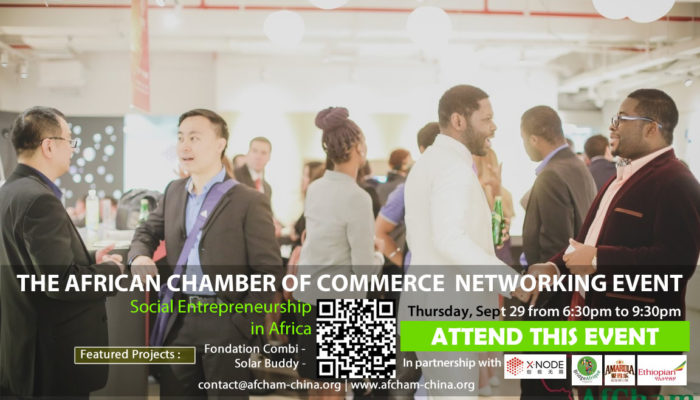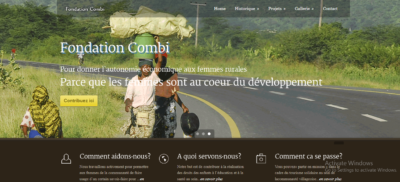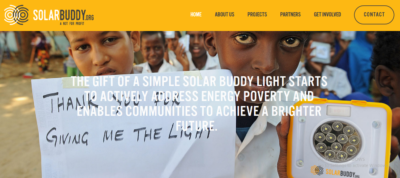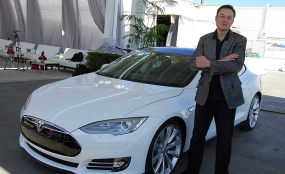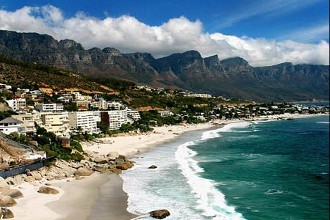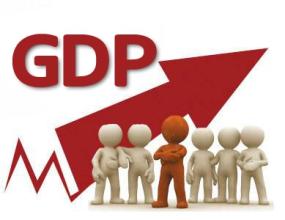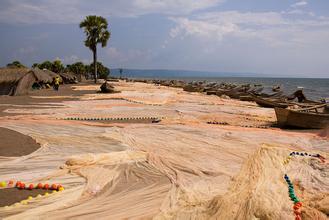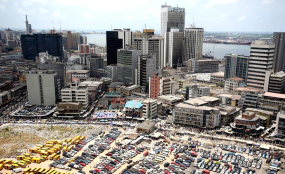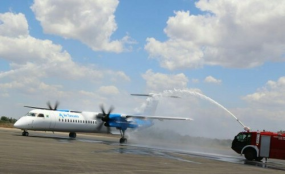
- www.fondationcombi.org
- “Because Women are key to Africa’s Development”
Agrius OLEME
A social entrepreneur with 10years experience in China working with the French community on numerous humanitarian projects in China and beyond.
His Project
In Cameroon his native country, he is the co-founder and promoter of FONDATION COMBI, a social entrepreneurship initiative which has empowered more than 500 women so far and involved them in various activities positively impacting their lives and entire communities.
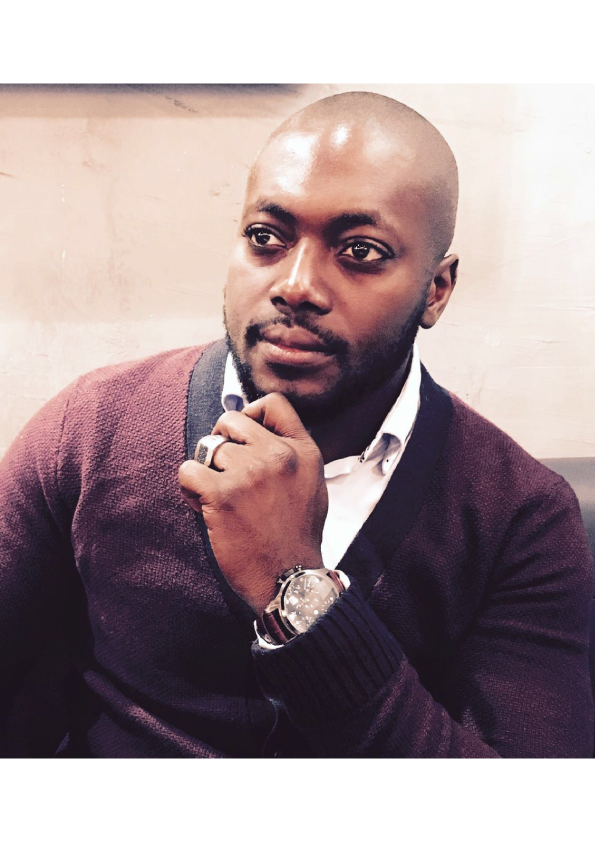
- www.solarbuddy.org
- “The gift of a simple solar buddy light starts to actively address energy poverty and enables communities to achieve a brighter”
Mawukoe Kodah
Cesar Mawukoe Kodah is an entrepreneur and songwriter originally from Togo, West Africa. His entrepreneur career in business began in 2009 where he founded KIW Group with his brother. An international trading company focusing in import and export between Africa and Asia dealing primarily in product development and procurement. With most recent expansion of an office in China under the name: Star Harbor Trading (星航国际贸易(上海)有限公司)—a Shanghai based international trading and consulting company serving clients from around the world.
His project
Today, as part of his mission to give back to the community, partnering with BrightBeam by Doble to improve the quality of education, health, safety and economic status of all people in developing world by supplying innovative, safe, engaging and sustainable solar energy solutions. Together they run a children empowerment program with schools in developed countries—a buddy-to-buddy system where students would buy a light to gift to students living in rural off grid areas around the world. The lights have successfully been distributed to countries such as Papua New Guinea, Tibet, Rwanda, Uganda and currently in talk with several other countries such as India, Togo, Ghana, to name a few. Combining its growing popularity of the mission and Cesar’s musical talent in music—a song titled “Until The Light Comes” will soon illuminate many other rural communities in Globally.
DISCOVER THE PICTURES OF THE EVENT

